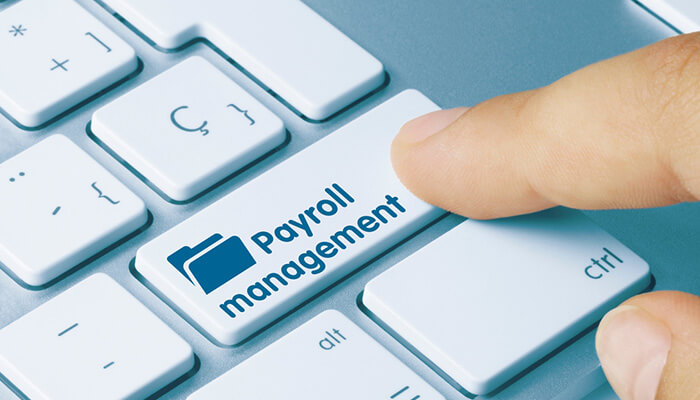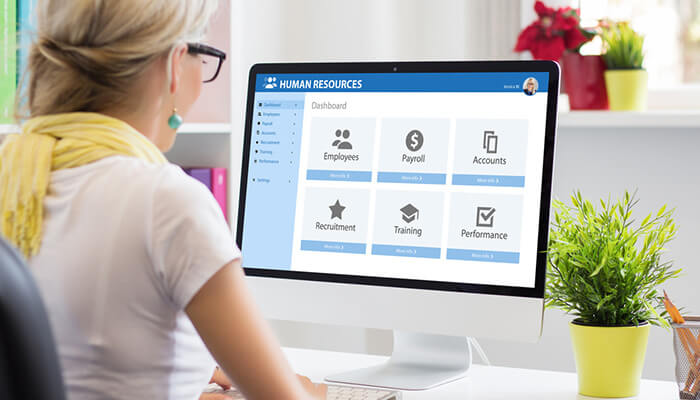Payroll management for small businesses is a crucial and primary aspect. Business owners must ensure timely payouts without errors to maintain good employee satisfaction. When not done efficiently, payroll management may be a huge expense or liability for small businesses.
The good news is payroll management doesn’t need to be as complex as you think. There are many ways to make your payroll process easy. You can consider outsourcing accounting services and using various tools to manage your payroll processes and requirements. Aside from these, you must know the best practices when it comes to payroll management.
To help you, here are the dos and don’ts to maximize resources, streamline processes, and ensure efficient payroll management:
Dos Of Payroll Management For Small Businesses
1. Do Automate Your Payroll Process
It takes a lot of money and time to process payroll. Once done manually, it can be susceptible to human errors, which may lead to hefty fines. This is true when running a small business with an increasing number of employees.
With limited payroll or human resource (HR) staff, payroll processing may become challenging. To make payroll easy, automating it is the best way to keep up with your time-consuming tasks. You can do this by investing in payroll software. It’s an excellent investment to keep track of your employees and avoid calculation errors.
2. Do Ensure Accurate Calculations
Payroll mistakes may lead to grave consequences for your small business. For example, miscalculating payroll, including taxes, may cause legal problems. On the contrary, underpaying or overpaying employees may result in financial repercussions and unnecessary costs. Therefore, businesses must manage the payroll carefully to avoid miscalculations and ensure accuracy.
3. Do Outsource Your Payroll
Small businesses may consider outsourcing their payroll needs because they simplify the entire process while providing valuable options. It also makes it easier to implement direct deposits for the staff. Outsourcing payroll also enables business owners to minimize the need for manual paperwork and the risks of fraud, making the process less time-consuming and easy for small businesses.
4. Establish A Payroll Team
Even if you’ve decided to outsource your payroll, it’s still crucial for any small business to acknowledge and understand the importance of having an in-house payroll department. Besides, you can never dissolve your payroll team as it’ll serve as the bridge between your outsourcing service provider and business. While you can always provide the information required by outsourcing providers, only your payroll team is knowledgeable about your pay records.
Aside from knowing how to do payroll efficiently, your in-house payroll team can ensure error-free records to avoid inaccuracies. When errors occur, they entail some consequences for your small business, which may include damaging employee trust, penalties from the Internal Revenue Service (IRS), and time wasted fixing the mistakes.
When hiring team members for your payroll department, find people who can adapt to your company culture and work with integrity. More importantly, technical qualifications are necessary. Look for a candidate with experience in accounting-related education and processing payroll.
Don’ts Of Payroll Management For Small Businesses
1. Don’t Forget To Keep Accurate Records
The state requires business owners and employers to keep at least three years’ worth of payroll records. Failure to do so may get you in trouble with the IRS. Typically, such pay records may include payment rates, hours worked, and payout dates.
While it may seem like a lot of records, other states may require more depending on the laws and regulations. Not only do these records keep your small business safe in future audits, but they also allow you to manage your payroll more smoothly. Without updated and accurate records, you risk miscalculating pay.
2. Don’t Have An Inconsistent PayrollSchedule
No matter the circumstances, you must pay your employees consistently. Remember that your staff wants their wages to be paid on time—delays may reduce employee morale and affect your small business’s credibility or image. Staying well-organized, relying on professional payroll services, and having the best payroll software may contribute to a timely payout.
3. Don’t Stick With Your Current Payroll Policies
Regardless of your confidence in your payroll policies, it’s crucial to ensure they’re updated. As software and legislation change and your small business grows, the older policies might require changes. For one, you must test your payroll software after installing the updates. It’s essential when your software integrates with other business systems, such as card-based or biometric access systems that monitor your employees’ working hours.
Conclusion
Processing payroll for small businesses is never easy, but it can be made easier. Regardless of your experience as a small business owner, you can manage your payroll efficiently without any inconvenience by keeping the above dos and don’ts. Just make sure to use the right tools and strategies for the best results.




